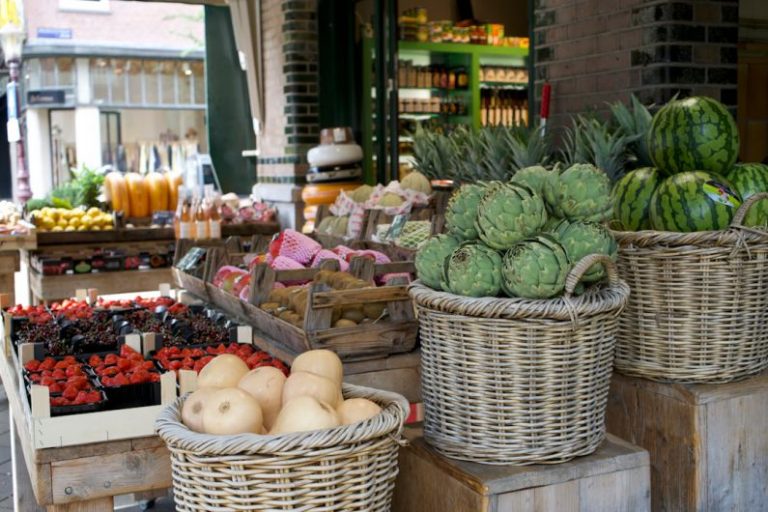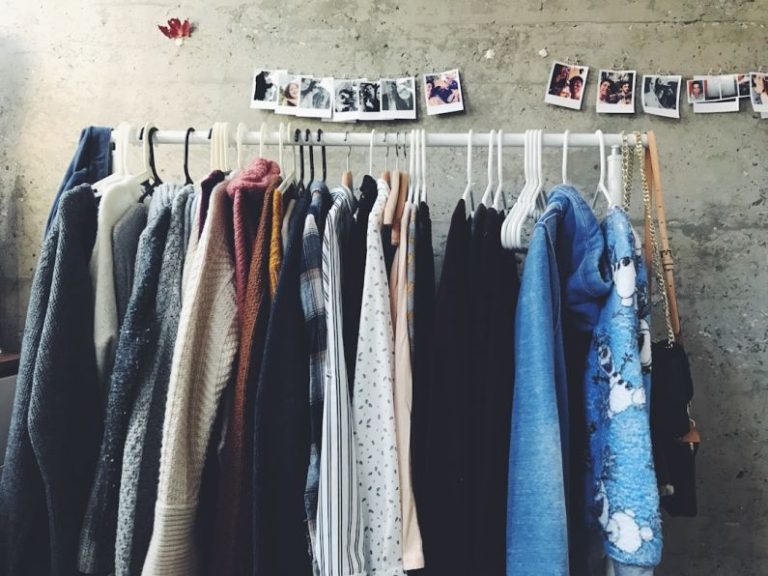Zero Waste Essentials: Starting Your Journey to Less Waste
Living a zero waste lifestyle may seem like a daunting task at first, but starting your journey to less waste is easier than you think. By incorporating a few essential practices and products into your daily routine, you can significantly reduce your environmental impact and contribute to a more sustainable future. Here are some zero waste essentials to help you get started on your waste-free journey.
Embrace Reusables
One of the simplest ways to reduce waste is by replacing single-use items with reusable alternatives. Invest in a good quality reusable water bottle, coffee cup, and shopping bag to eliminate the need for disposable options. By carrying these items with you wherever you go, you can significantly reduce your reliance on plastic and paper products.
Switch to a Safety Razor
Disposable plastic razors contribute to a significant amount of waste that ends up in landfills. By switching to a safety razor with replaceable blades, you can significantly reduce your environmental impact. Safety razors are not only more sustainable but also provide a closer shave and are more cost-effective in the long run.
Opt for Cloth Napkins and Handkerchiefs
Swap out paper napkins and tissues for cloth napkins and handkerchiefs to eliminate unnecessary waste. Cloth napkins can add a touch of elegance to your dining experience, while handkerchiefs are a more sustainable alternative to single-use tissues. Keep a few cloth napkins and handkerchiefs on hand to reduce your reliance on disposable paper products.
Choose Sustainable Packaging
When shopping for groceries and household items, opt for products with minimal or recyclable packaging. Look for items that come in glass, metal, or cardboard packaging, as these materials are more easily recyclable or biodegradable compared to plastic. Buying in bulk can also help reduce packaging waste, as you can use your own containers to store items like grains, nuts, and snacks.
Compost Food Scraps
Food waste is a significant contributor to landfill pollution, but you can reduce this impact by composting your food scraps. Start a compost bin in your backyard or look for community composting programs in your area. By composting organic waste, you can create nutrient-rich soil for your garden and divert valuable resources from ending up in the landfill.
Make Your Own Cleaning Products
Commercial cleaning products often come in single-use plastic bottles and contain harmful chemicals that can harm the environment. Instead, consider making your own cleaning products using simple ingredients like vinegar, baking soda, and essential oils. Not only are homemade cleaning products more eco-friendly, but they are also safer for your health and can save you money in the long run.
Support Sustainable Brands
When shopping for clothing, personal care products, and household items, look for brands that prioritize sustainability and ethical practices. Support companies that use recycled materials, offset their carbon footprint, and prioritize fair labor practices. By voting with your dollars, you can encourage more businesses to adopt sustainable practices and reduce their environmental impact.
Embrace a Minimalist Lifestyle
A minimalist lifestyle is not only aesthetically pleasing but also aligns well with zero waste principles. By decluttering your space and focusing on quality over quantity, you can reduce your consumption habits and minimize waste. Consider borrowing or renting items you only need occasionally, rather than purchasing them outright.
Conclusion: Taking the First Steps
Embarking on a zero waste journey may require some initial adjustments to your lifestyle, but the benefits far outweigh the challenges. By incorporating these zero waste essentials into your daily routine, you can make a positive impact on the environment and inspire others to do the same. Remember, every small change counts, and together, we can create a more sustainable future for generations to come.






